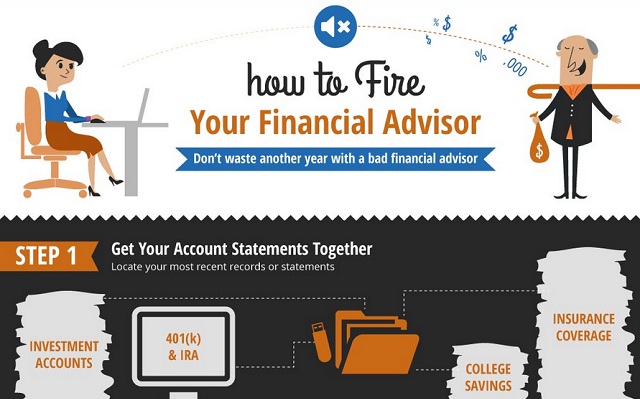Be Prepared To Check Out The Undetected Factors That Influence Your Monetary Selections, With Feelings Ending Up Being The Focal Point In The Intricate Art Of Wide Range Administration

Article Writer-Schack Eskildsen
When it comes to wealth and financial choices, feelings are typically the unseen pressure driving the wheel. Your state of mind, concerns, and wishes can persuade your selections greater than you realize, possibly impacting your financial wellness. By unraveling the intricate dancing between feelings and cash, you may discover unusual insights that can reshape the method you come close to wealth administration. Comprehending the psychology of wide range can unlock a course to more conscious and sensible economic decision-making, guiding you in the direction of a more flourishing and secure future.
Emotional Influences on Financial Choices
When making financial choices, feelings play a significant duty in influencing your options. It's essential to recognize how sensations like anxiety, greed, and enjoyment can impact your financial health. Fear might lead you to make extremely mindful decisions, losing out on potential chances for growth. On the other hand, greed can push you towards risky financial investments that may not align with your lasting goals. Enjoyment may trigger you to forget essential details or thrill right into decisions without proper evaluation.
Comprehending your feelings and exactly how they affect your financial options is critical for making sound decisions. By being aware of your emotional state when faced with economic choices, you can take actions to minimize spontaneous actions and think even more reasonably. Setting clear economic goals and having a well-balanced strategy can assist you navigate these emotional impacts properly. Remember, it's alright to seek support from financial consultants or coaches to gain perspective and make notified decisions among psychological turbulence.
Common Psychological Predispositions in Wealth Administration
Understanding the common psychological biases in wide range monitoring is important for making informed economic decisions. One common bias is insolence, where people tend to overestimate their understanding and abilities, bring about extreme risk-taking. This can cause bad investment options and substantial losses.
One more common predisposition is loss aversion, where the worry of losing money outweighs the capacity for gains, creating capitalists to make conventional choices that might hinder wealth accumulation.
Verification bias is likewise widespread in wealth monitoring, where people choose details that lines up with their existing beliefs while neglecting contradictory data. This can lead to a skewed assumption of market patterns and prevent the capability to adjust to transforming economic landscapes.
In addition, securing predisposition happens when people depend as well greatly on initial info when making decisions, potentially causing suboptimal end results.
Methods for Psychologically Smart Investing
To navigate the complexities of attaching psychological knowledge, take into consideration implementing useful strategies that align with your monetary objectives and run the risk of tolerance. Begin by setting clear financial investment purposes based upon your long-lasting financial goals.
Diversification is vital to handling risk and can assist cushion your profile from market volatility. Consistently review and adjust your financial investment profile to guarantee it stays lined up with your altering monetary scenarios and take the chance of appetite.
web page to stay based throughout market changes. Emotions like fear and greed can cloud judgment, bring about spontaneous choices. By staying conscious and reasonable, you can make more enlightened financial investment selections.
In addition, automate your cost savings and investments to stay clear of emotional decision-making. Setting up automatic contributions to your investment accounts can aid you remain self-displined and prevent the lure to time the marketplace.
https://nigel-brittny89roslyn.technetbloggers.de/get-to-a-steady-economic-future-throughout-retirement-by-utilizing-expert-techniques-and-guidance-discovered-in-this-detailed-manual-your-ticket-to-a-hassle-free-retired-life , by acknowledging and managing your emotions when it involves financial decision-making, you can improve your chances of making sensible options and achieving long-term monetary stability.
Being aware of typical psychological prejudices, setting clear purposes, branching out financial investments, and exercising mindfulness are essential methods for making emotionally smart investing choices.
By taking control of your emotions and executing these approaches, you can navigate the intricacies of wide range management with confidence and success.

